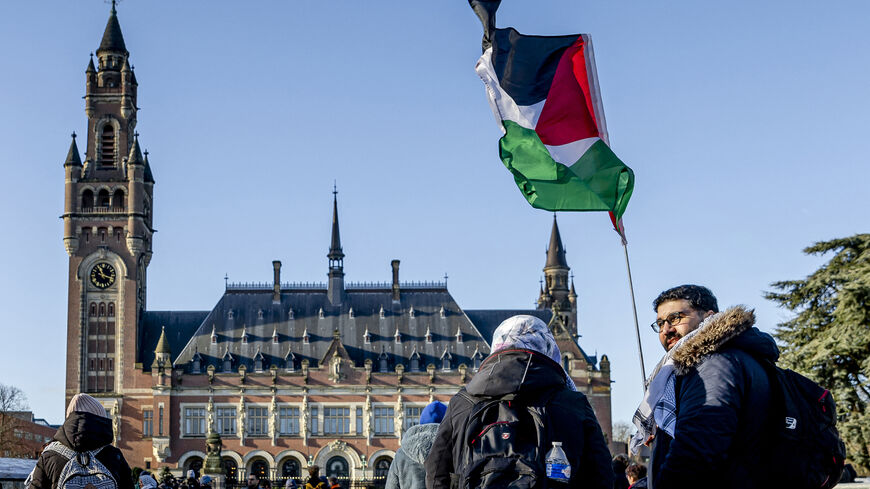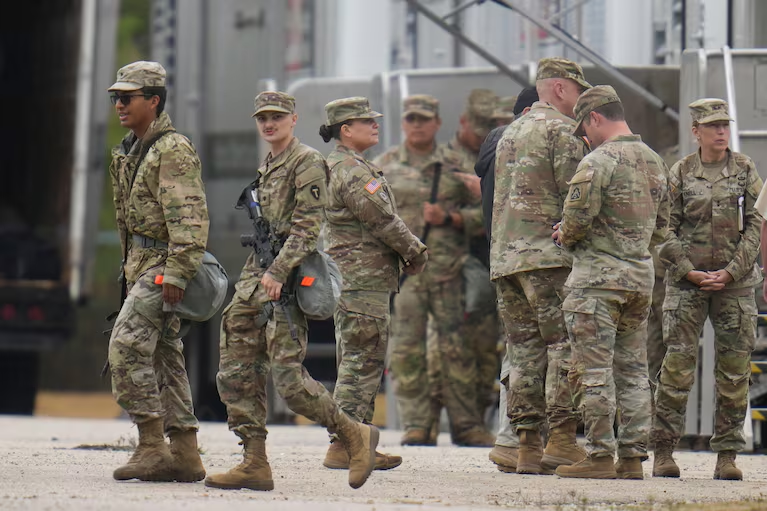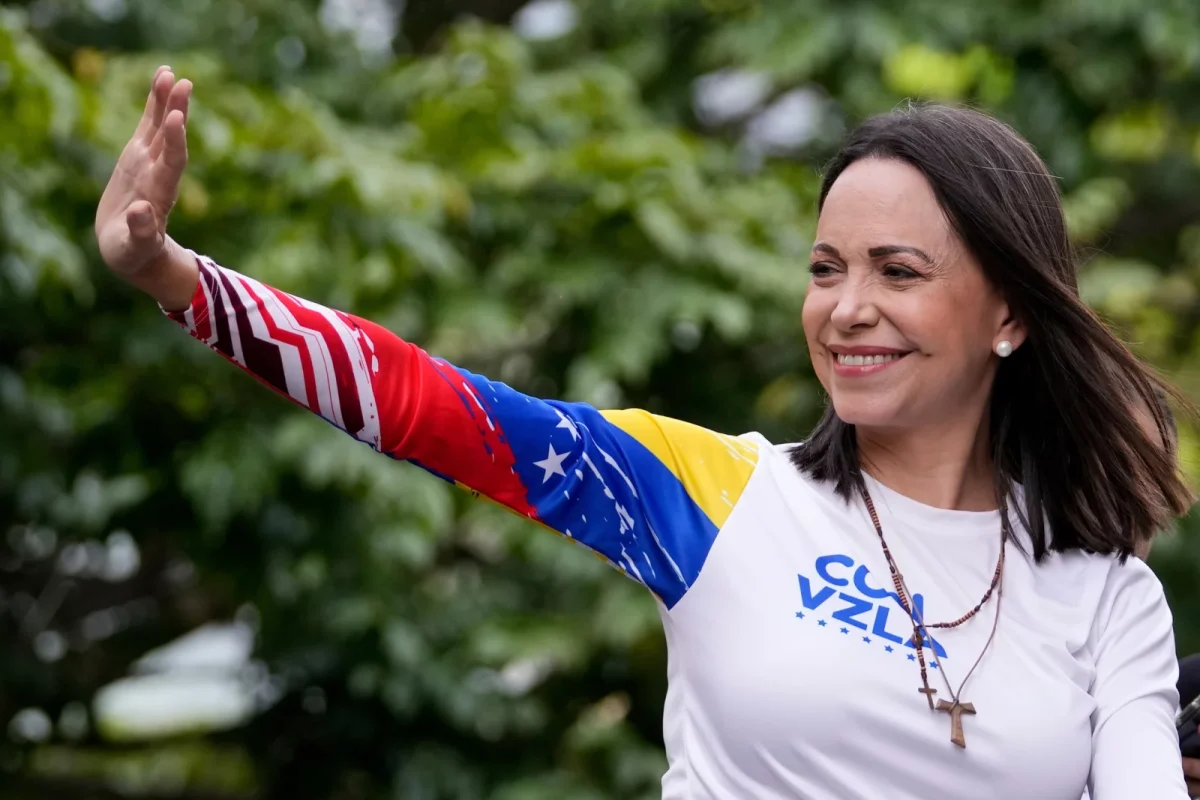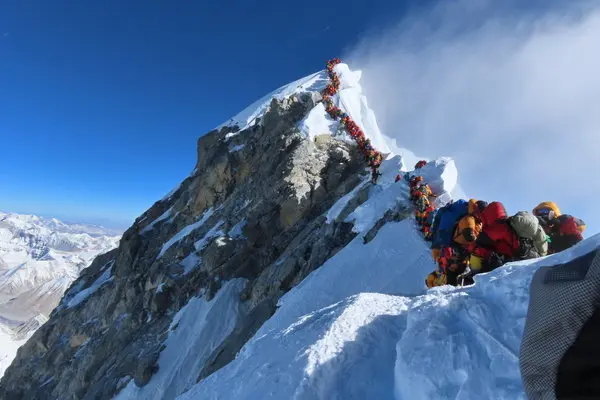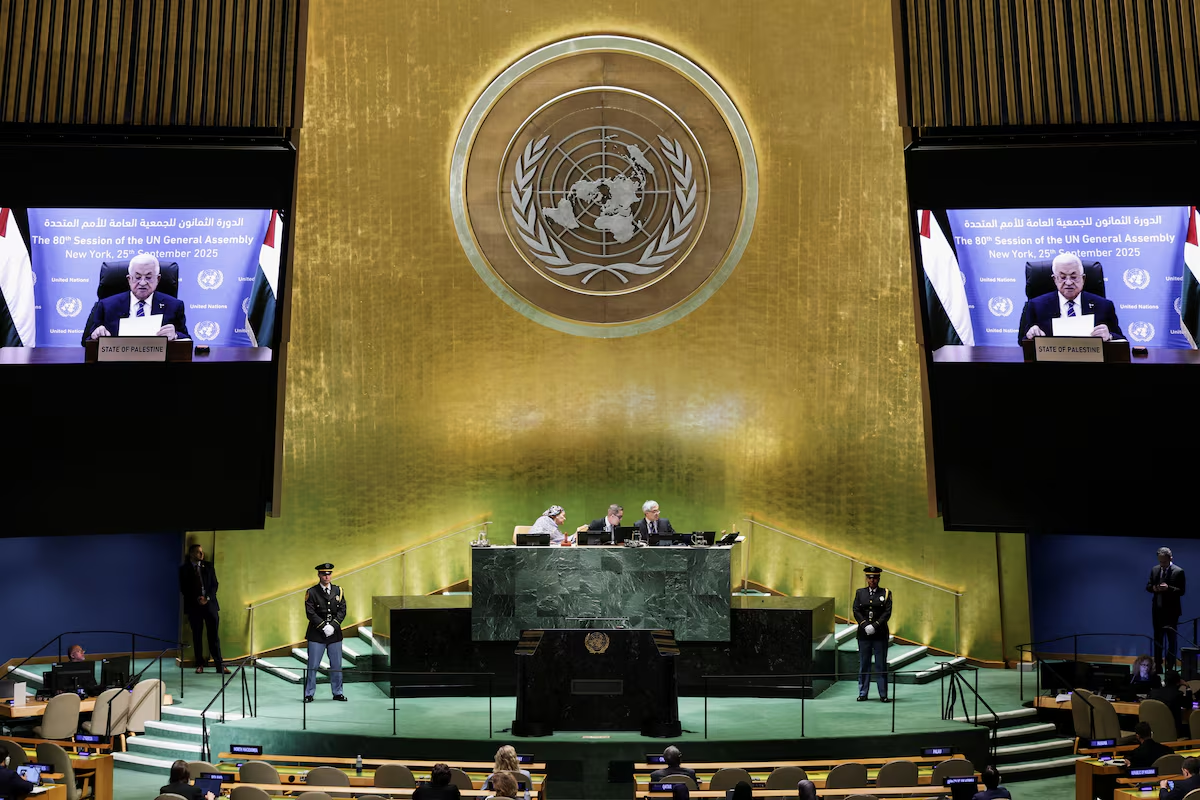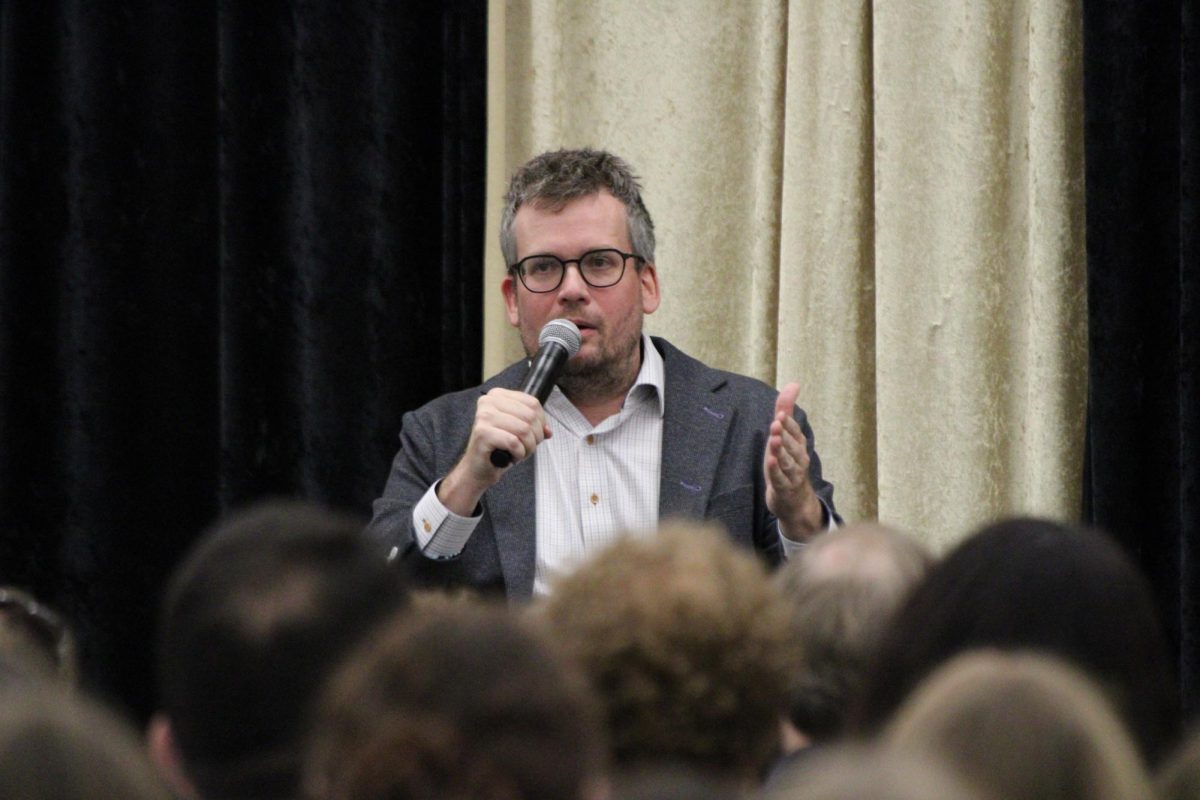In the International Court of Justice (ICJ) in The Hague, a record accusation has been filed.
On Jan 11. South Africa brought Israel to the International Court of Justice and asked the court to rule on the claim that Israel is committing genocide against Palestinians in Gaza. The ICJ is the judicial organ of the United Nations that handles legal disputes between countries. While the ICJ alone cannot put an end to the Israeli-Palestine conflict, its ruling on the matter is significant to members of the international community.
The Genocide Convention serves as the legal code that recognizes genocide as a crime under international law. The court will be deciding on whether Israel has been following its obligations. Article II of the convention directly spells out the legal definition of genocide.
“In the present Convention, genocide means any of the following acts committed with intent to destroy, in whole or in part, a national, ethnical, racial or religious group, as such: (a) Killing members of the group; (b) Causing serious bodily or mental harm to members of the group; (c) Deliberately inflicting on the group conditions of life calculated to bring about its physical destruction in whole or in part; (d) Imposing measures intended to prevent births within the group; (e) Forcibly transferring children of the group to another group,” the convention reads.
Historically, the Genocide Convention served as a historical legal advancement in light of the atrocities of World War II. The convention was ratified in Dec. 1948, reflecting the immediate responses to the Holocaust. The Nuremberg trials also served as a pivotal event focused on promoting justice as well as ensuring a safer future. Many have pointed to the irony of a Jewish state being charged with the exact convention meant to prevent events such as the Holocaust.
Although South Africa is miles away from the Israel-Hamas conflict, a personal cause ties them to this accusation. South Africa has a deep history with apartheid and has been a famous supporter of the Palestinians.
Following his release from prison in the 1990s, Nelson Mandela famously met with Palestinian leader Yassar Arafat and kissed him on the cheek. The solidarity between the two men serves as a metaphor for Palestinian-South African relations today.
One of the major issues of the case is that the ICJ is a United Nations tribunal that only hears cases between states. This means that international players who are not considered countries by the United Nations cannot be brought to court. So that means legally, Hamas cannot be brought to the ICJ. Even if it was possible, it’s doubtful that leaders of Hamas would willingly show up to court. Hamas is not party to the convention, and therefore cannot legally be tried for not following the obligations under said treaty.
South Africa has alleged that Israel’s military has attempted to destroy the people of Gaza. The plaintiff’s arguments have asserted the point that Israel has repeatedly shown its genocidal intent. Under international law, intent is the sole deciding factor of whether an action is considered genocide.
“Israel’s political leaders, military commanders and persons holding official positions have systematically, and in explicit terms, declared their genocidal intent,” plaintiffs argued.
Plaintiffs have cited sources of civilian violence in addition to civilians being targeted in attacks. Consistent bombings and harsh living conditions in Gaza were used as evidence.
“They are killed in their homes, in places where they seek shelter, in hospitals, in schools, in mosques, in churches and as they try to find food and water for their families,” plaintiffs said.
Defendants have reframed the story on Hamas. The Oct. 7 attacks have proved to be both a pivotal and emotional event in the conflict.
“The events of that day are all but ignored in the applicant’s submissions. But we are compelled to share with the court some fraction of its horror. The largest calculated mass murder of Jews in a single day since the Holocaust,” defendants said.
Israeli defendants also argued that Hamas is committing genocide against the state of Israel through the conflict. Hamas has been endangering civilians by using them for war tactics and strategies. Specifically, Hamas is housing military operations underneath civilian areas. This strategy, often coined as human shields, violates the Geneva Convention. This strategic logic plays on the media’s sensitivity towards civilian casualties.
“Moreover, despite the Israeli public’s high level of support for the Israeli political and military leadership during operations, civilian casualties are one of the friction points between Israeli left-wing and right-wing supporters, with the former questioning the outcomes of the operation,” NATO reported.
The ruling on provisional measures was announced Friday, Jan. 26. The ruling announced that in a vote of 15 to 2, Israel must immediately take effective measures to improve the humanitarian situation for Palestinians in the Gaza Strip. The court ordered six provisional measures to prevent genocidal acts. A notable exception in the ruling was the omission of a ceasefire and halt of military action in Gaza.
Without a ceasefire, it will be all but impossible to guarantee that a genocide will not be carried out by Israeli armed forces and aid to Gaza is still likely to be heavily restricted.
Even if the court had ruled that Israel must end all military action in Gaza, the ruling would not force the conflict to a halt. This is because, in practice, the ICJ court rulings have no enforcement mechanism as seen with Russia ignoring the ICJ ruling that Russia must end its invasion of Ukraine.
While the ICJ’s ruling likely will not have immediate impacts on the invasion, the ruling further indicates the growing disapproval of Israel’s actions in Gaza. If global opinion on Israel’s invasion sours enough it might affect the actions of the United States, which has been Israel’s largest and staunchest ally. Without support from the United States, Israel would likely no longer be able to materially continue the war.
As the Israel-Hamas conflict continues, Israeli strategies are likely to be modified to follow accordance with the ruling.
More information on the provisions requested of Israel in the ICJ by South Africa and the court’s rulings can be found in a file provided by the ICJ.



